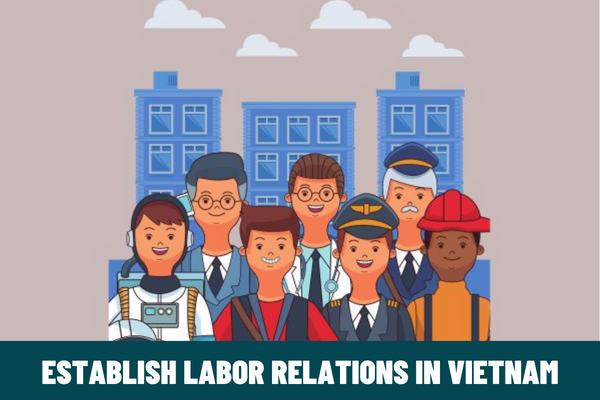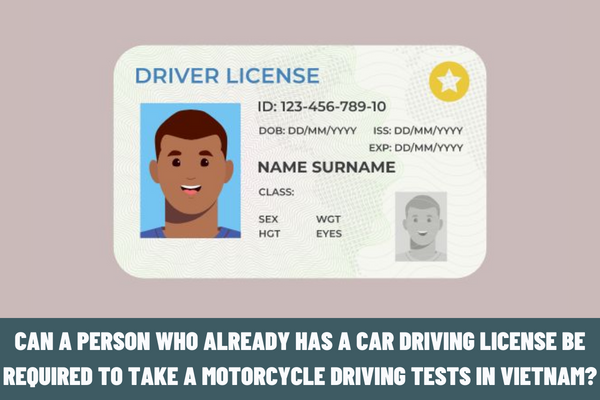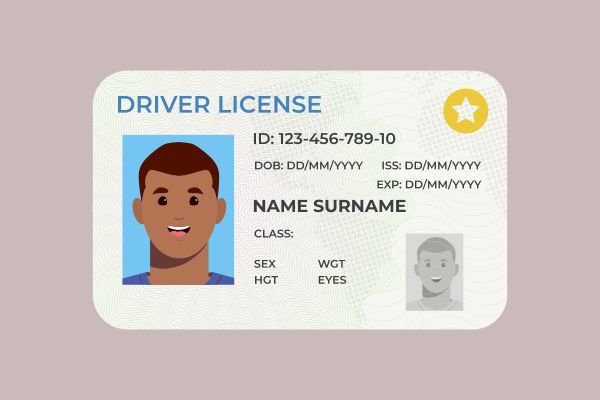How to establish labor relations in Vietnam? What are the forbidden actions in the labor field?
How to establish labor relations in Vietnam?
Pursuant to the provisions of Article 7 of the 2019 Labor Code of Vietnam on this issue as follows:
Development of labor relations
1. Labor relations are established through dialogue and negotiation on principles of voluntariness, good faith, equality, cooperation and mutual respect of each other's lawful rights and interests.
2. Employers, employer representative organizations, employees and representative organizations of employees shall develop progressive, harmonious and stable labor relations with the assistance of competent authorities.
3. The trade union shall cooperate with competent authorities in assisting the development of progressive, harmonious and stable labor relations; supervising implementation of labor laws; protecting the legitimate rights and interests of employees.
4. Vietnam Chamber of Commerce and Industry, Vietnam Cooperative Association and other employer representative organizations that are lawfully established shall represent, protect the lawful rights and interests of employers, and participate in development of progressive, harmonious and stable labor relations.
Thus, labor relations are established through dialogue and negotiation on principles of voluntariness, good faith, equality, cooperation and mutual respect of each other's lawful rights and interests.

How to establish labor relations in Vietnam? What are the forbidden actions in the labor field?
What are the forbidden actions in the labor field?
Pursuant to Article 8 of the 2019 Labor Code of Vietnam stipulating as follows:
Forbidden actions
1. Labor discrimination.
2. Maltreatment of employees, forced labor.
3. Sexual harassment in the workplace.
4. Taking advantage of occupational training or apprenticeships to exploit the trainees or apprentices, or persuade or force them to act against the law.
5. Employing untrained people or people without occupational training certificates to do the jobs or works that have to be done by trained workers or holders of occupational training certificates.
6. Persuading, inciting, promising advertising or otherwise tricking employees into human trafficking, exploitation of labor or forced labor; taking advantage of employment brokerage or guest worker program to commit violations against the law.
7. Illegal employment of minors.
Thus, the above 07 acts are considered as illegal acts and are forbidden in the field of labor.
What are State policies on labor?
The State policies on labor as prescribed in Article 4 of the 2019 Labor Code of Vietnam are as follows:
State policies on labor
1. Guarantee the legitimate rights and interests of employees and workers without labor relations; encourage agreements providing employees with conditions more favorable than those provided by the labor laws.
2. Guarantee the legitimate rights and interests of employers, to ensure lawful, democratic, fair and civilized labor management, and to promote corporate social responsibility.
3. Facilitate job creation, self-employment and occupational training and learning to improve employability; labor-intensive businesses; application of certain regulations in this Labor code to workers without labor relations.
4. Adopt policies on the development and distribution of human resources; improve productivity; provide basic and advanced occupational training, occupational skill development; assist in sustainment and change of jobs; offer incentives for skilled employees in order to meet the requirements of national industrialization and modernization.
5. Adopt policies on labor market development and diversify types of linkage between labor supply and demand.
6. Promote dialogues, collective bargaining and establishment of harmonious, stable and progressive labor relations between employees and employers.
7. Ensure gender equality; introduce labor and social policies aimed to protect female, disabled, elderly and minor employees.
Thus, the State has the above 07 policies on labor. In which, the State shall guarantee the legitimate rights and interests of employees and workers without labor relations; encourage agreements providing employees with conditions more favorable than those provided by the labor laws.
LawNet




